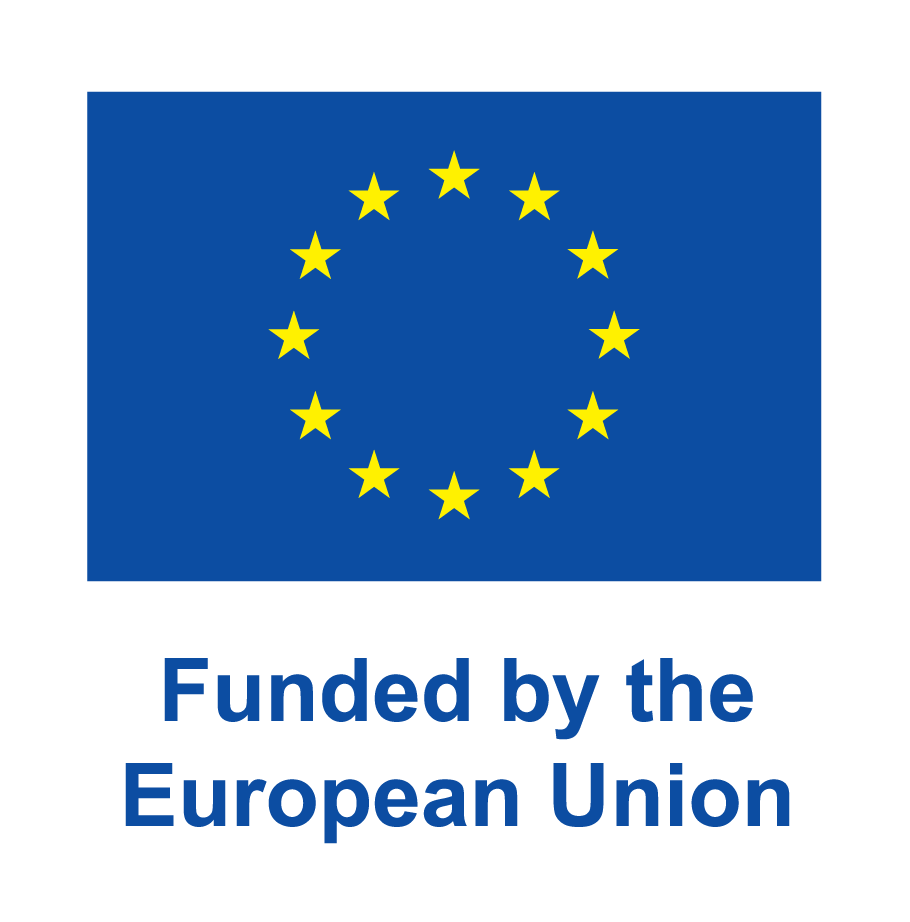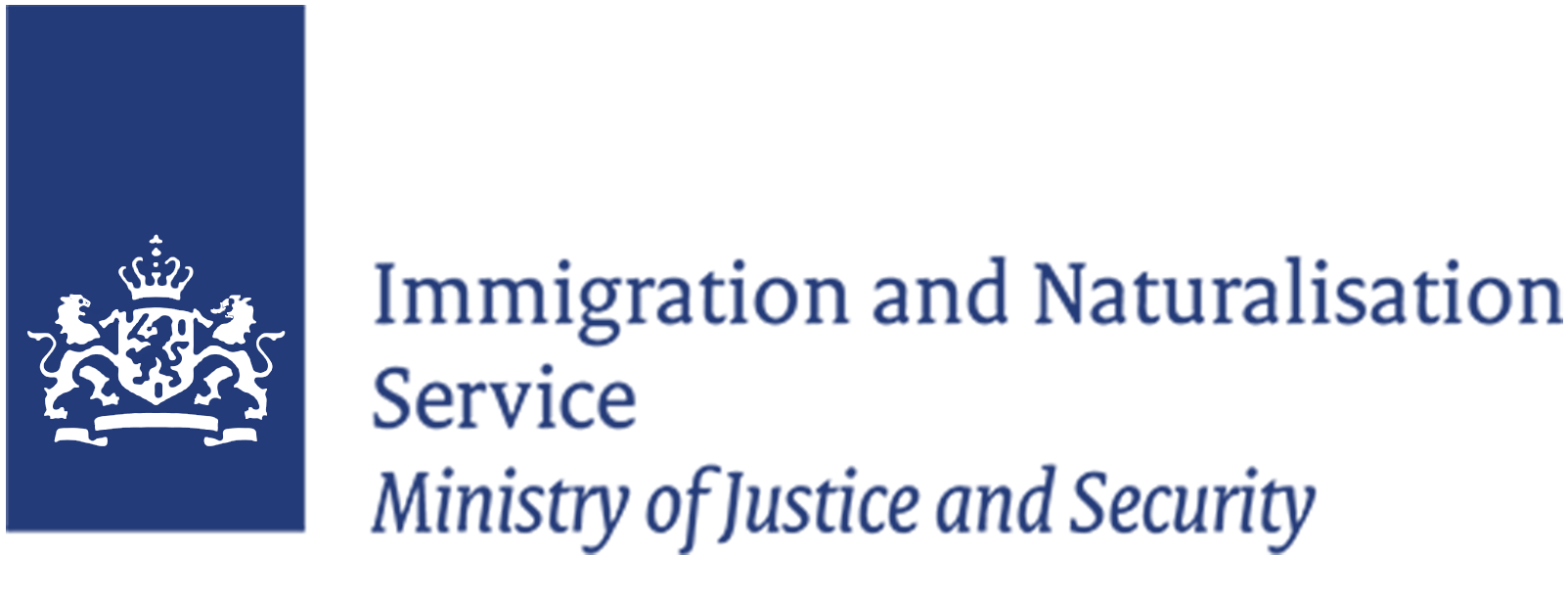Migrants without valid residence documents are not allowed to work or receive an education in most European countries. In some countries, these migrants can attend higher education or obtain a residence permit for study purposes. Germany and Sweden are the only countries where undocumented migrants, under certain conditions, can work.
Residence permit required for work or education in most EU Member States
This is the result of an ad-hoc inquiry* by the EMN of the Netherlands on access to work and education for undocumented migrants. The inquiry focuses on access to further education (vocational or higher education) and the labour market for adults. Unaccompanied minors who are undocumented have the right to education in all participating countries and are therefore excluded from this ad-hoc inquiry.
Sweden and Germany offer access to the labour market
Only in Sweden and Germany are migrants without valid residence documents allowed to work under certain conditions. In Sweden, undocumented migrants who have received a return decision and who are preparing to depart the country may continue to work if they were already doing so during the asylum procedure. In Germany, migrants without a residence permit may engage in paid employment if their return is temporarily not possible. Approval from the German immigration service is required for this.
The Netherlands sometimes provides access to education

To attend vocational education or higher education, a residence permit is required in most countries (BG, HR, CY, EE, HU, IE, IT, LT, LU, LV, NL, PT, PL, SK, SI, SE). Only in Germany is no residence permit required for vocational education.
Some countries make exceptions or have arrangements that allow undocumented migrants to obtain a (temporary) residence permit:
- In the Netherlands, undocumented migrants may complete their education if they started it as a minor.
- In Estonia, Italy, Croatia, Latvia, and the Netherlands, undocumented migrants can receive a temporary residence permit if they submit an application in their country of origin. However, gathering the necessary documents and having to travel back to their country of origin can be significant obstacles (HR, NL).
- Luxembourg sometimes grants residence permits to minors who have already attended school in the country and to undocumented migrants who have built a connection to the country due to long-term residence.
No residence permit sometimes required for higher education
In Belgium, Germany, Finland, France, and Greece, no residence permit is required for higher education under certain conditions:
- In Belgium, undocumented migrants can register for higher education. However, because educational institutions do not receive subsidies for students without residence documents, they are rarely admitted.
- In Germany, migrants without valid residence documents can attend higher education if their deportation is temporarily suspended. Additionally, they can apply for a residence permit for study purposes in their country of origin. After successfully completing a study program, a person can receive a residence permit for 2 years.
- Finland allows undocumented migrants to attend higher education if they have the necessary language skills and prior education to enrol. If they have sufficient financial resources and a valid passport, they can also apply for a residence permit for study purposes.
- France stipulates that it is not the responsibility of educational institutions to check whether students have a residence permit. Therefore, undocumented migrants can attend higher education. In exceptional cases, a residence permit may be granted afterward.
- In Greece, higher education is accessible to migrants without valid residence documents. However, in practice, significant barriers exist, such as the requirement for knowledge of the Greek language.
- In the Czech Republic, universities do not have the means to check whether students have a valid residence permit. As a result, undocumented migrants may temporarily have access to higher education. They cannot, however, apply for a residence permit for study purposes.
Participating countries
Belgium (BE), Bulgaria (BG), Cyprus (CY), Germany (DE), Estonia (EE), Finland (FI), France (FR), Greece (EL), Hungary (HU), Ireland (IE), Italy (IT), Croatia (HR), Latvia (LV), Lithuania (LT), Luxembourg (LU), Netherlands (NL), Poland (PL), Portugal (PT), Slovakia (SK), Slovenia (SI), Czech Republic (CZ), Sweden (SE)
*Ad-hoc inquiries (Ad-Hoc Queries/AHQs) are short-term, smaller studies initiated by the European Commission or an EU Member State. Ad-hoc inquiries are conducted throughout the year, with a maximum of 120 per year. All Member States contribute to these studies in principle.


